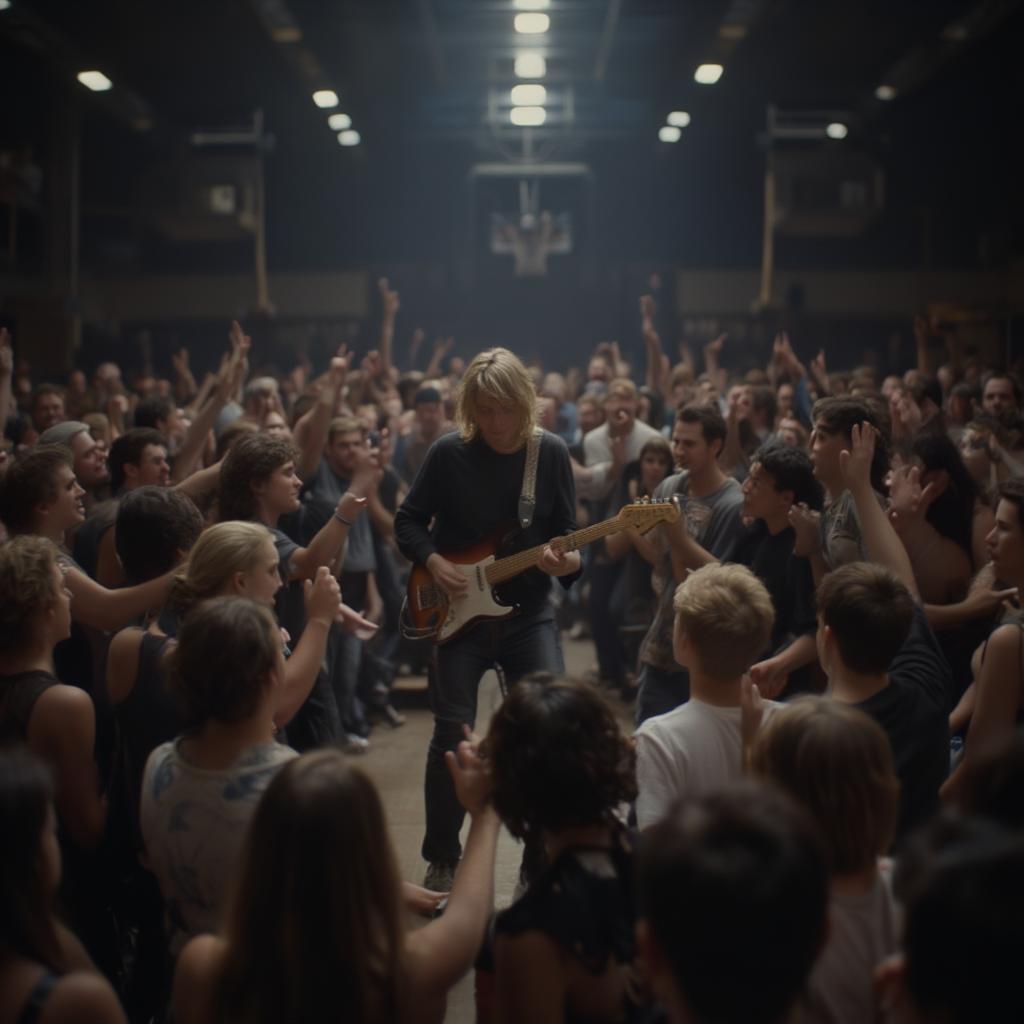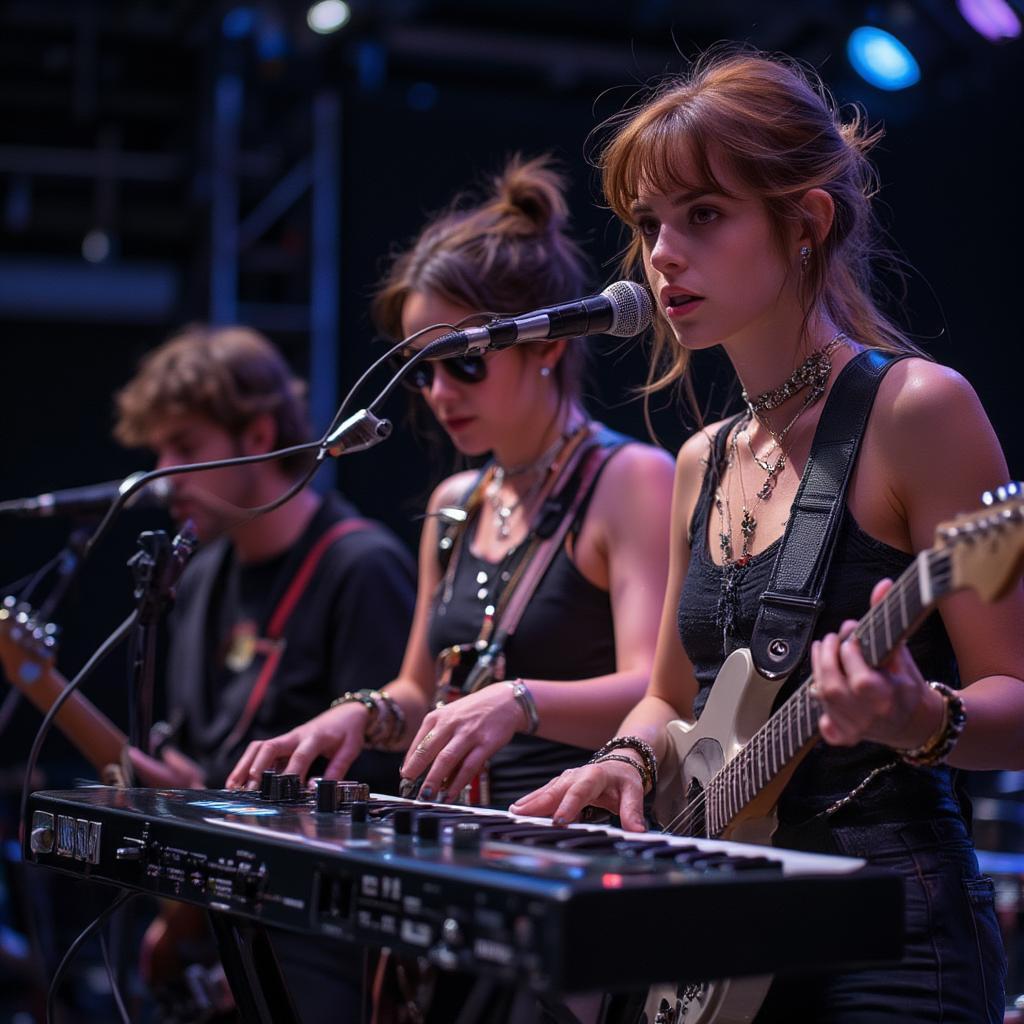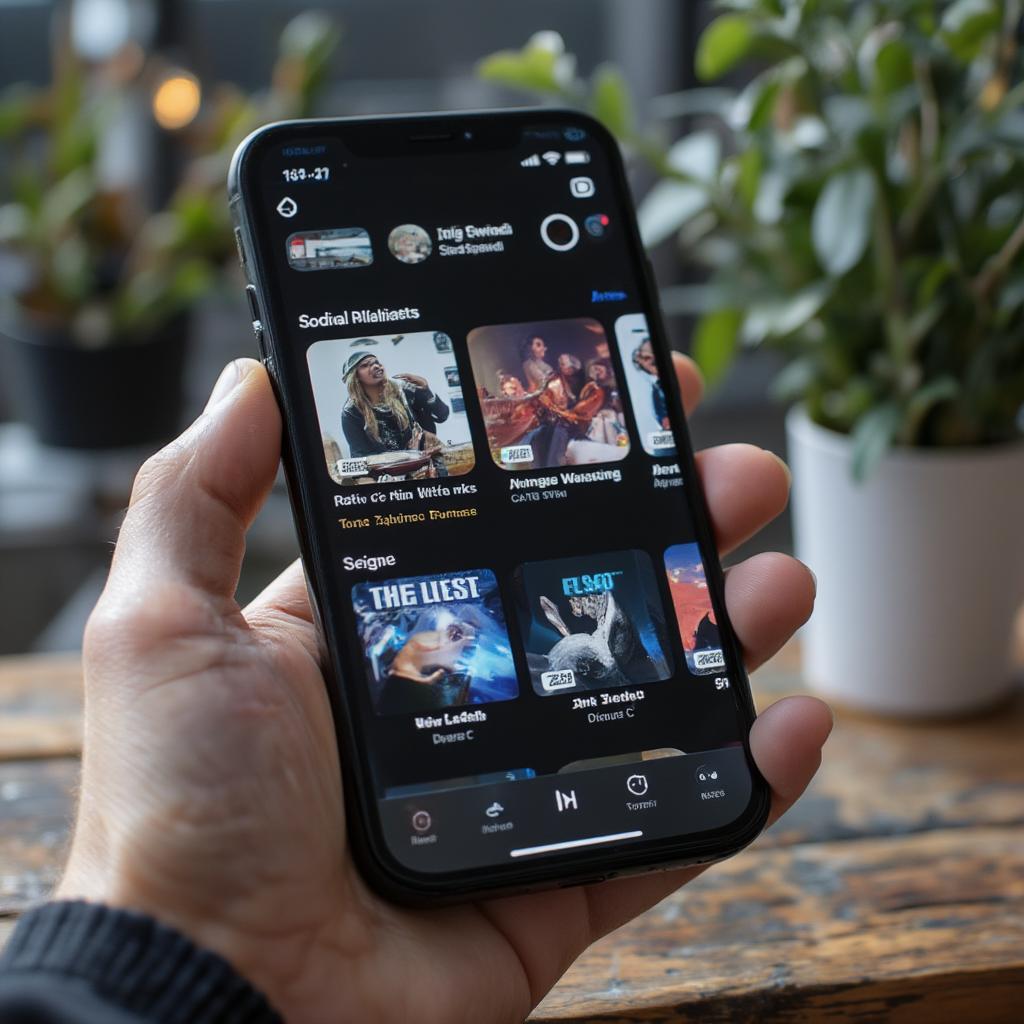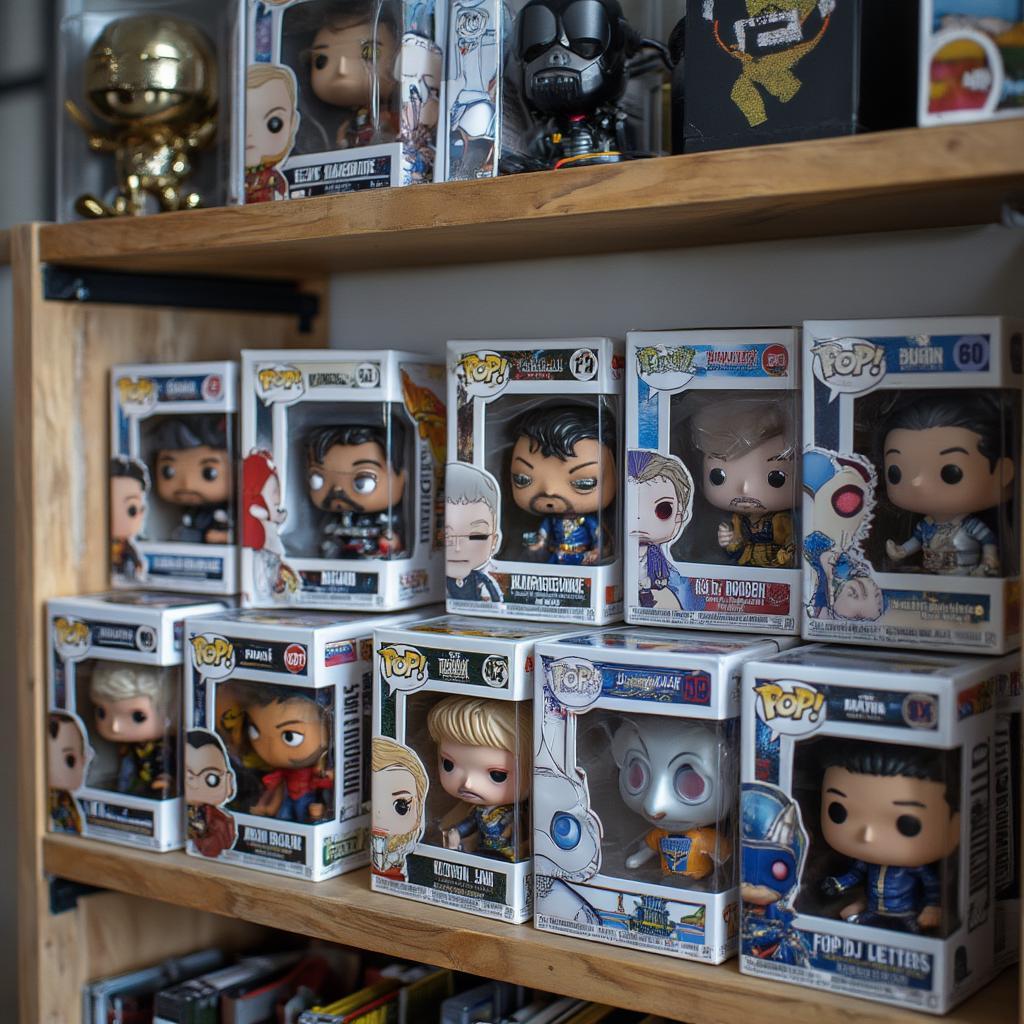Carly Rae Jepsen and Rufus Wainwright: A Pop Music Crossover Examination
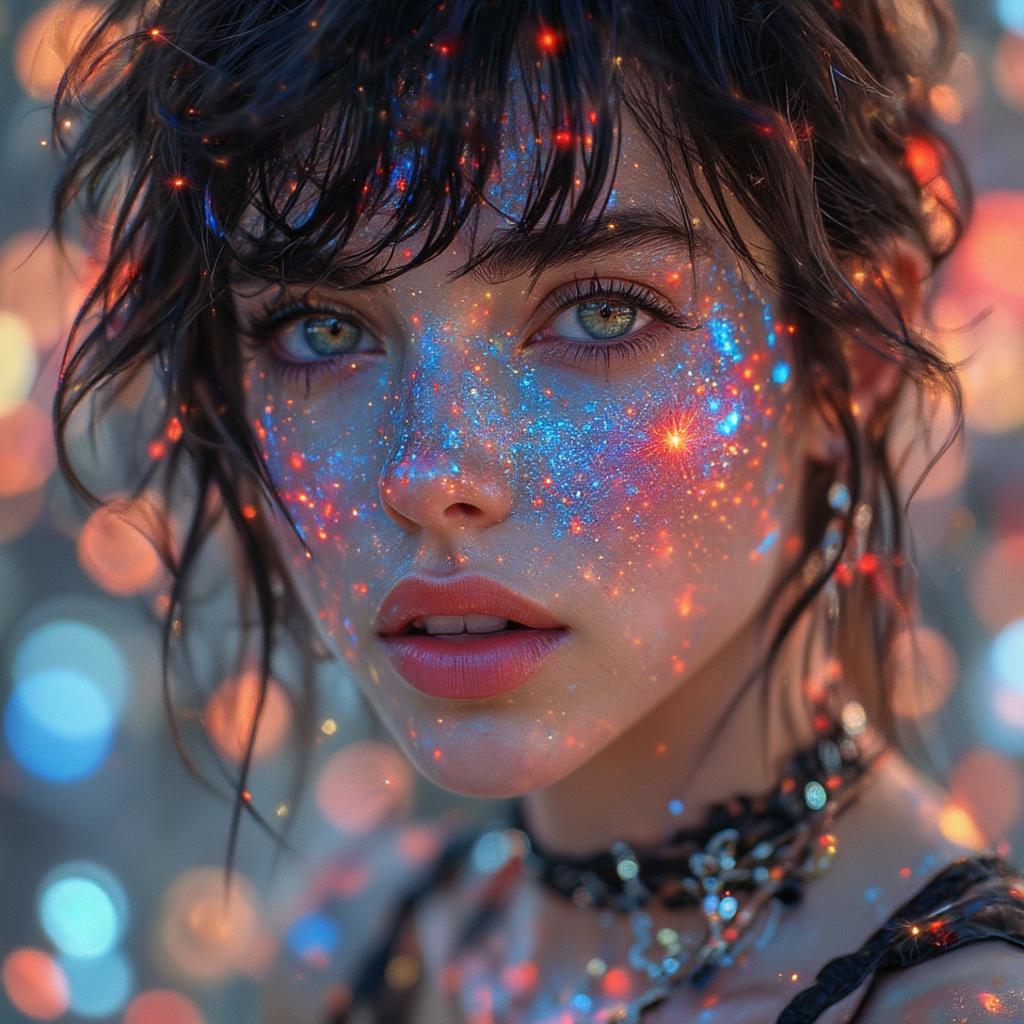
Carly Rae Jepsen, known for her infectious pop anthems, and Rufus Wainwright, celebrated for his theatrical baroque pop, might seem like polar opposites in the musical universe. However, a closer look reveals a fascinating common ground and potential points of intersection. This article delves into the unique artistry of both artists, exploring their individual contributions to the pop landscape and pondering the intriguing question: what happens when their worlds collide?
Their careers, while taking different trajectories, share a commitment to authenticity and a refusal to conform to genre boundaries. Both Carly Rae Jepsen and Rufus Wainwright have carved out distinct spaces for themselves in the music industry. Jepsen, initially recognized for her global hit “Call Me Maybe,” has consistently evolved her sound, delving into synth-pop and experimenting with 80s-inspired aesthetics. Wainwright, on the other hand, blends classical music influences with pop sensibilities, creating dramatic and deeply personal compositions.
The Pop Princess and the Baroque Maestro: A Contrast in Styles
Carly Rae Jepsen’s music is often characterized by its upbeat tempos, catchy melodies, and relatable lyrics about love and relationships. Her albums like Emotion and Dedicated have garnered critical acclaim for their polished production and retro-tinged soundscapes. She’s the embodiment of modern pop, always striving for that perfect, danceable hook.
Rufus Wainwright’s approach is far more theatrical and emotionally intense. His songs are often layered with complex harmonies, operatic vocals, and introspective lyrics exploring themes of love, loss, and personal identity. His albums, including Poses and Want One, showcase his unique ability to merge classical and contemporary styles. This musical theatre sensibility makes him less of a conventional pop artist and more of a sonic storyteller.
Similarities Beneath the Surface: Where Pop and Art Meet
Despite their contrasting styles, both Carly Rae Jepsen and Rufus Wainwright demonstrate a shared commitment to quality songwriting and vocal performance. Jepsen’s vocal clarity and emotive delivery, paired with her skill in crafting undeniably catchy hooks, are hallmarks of well-crafted pop. Wainwright’s masterful voice and theatrical approach to songwriting create an immediate emotional connection with the listener, drawing from a rich tapestry of influences.
Both artists also possess a strong sense of artistic integrity and have remained true to their creative visions. They’ve embraced their individuality within an industry that often encourages conformity. They’ve built devoted fanbases that appreciate their honesty, vulnerability, and unwavering dedication to their craft.
“Authenticity is the bedrock of true artistry,” states renowned music critic, Dr. Eleanor Vance. “Both Jepsen and Wainwright, in their own ways, offer genuine expressions of themselves, a quality that resonates deeply with audiences.”
Exploring the Potential of a Collaboration: What Could Be?
The idea of a Carly Rae Jepsen and Rufus Wainwright collaboration is admittedly unexpected. However, such a union could offer a fascinating blend of pop sensibilities and artistic depth. Imagine Jepsen’s infectious hooks paired with Wainwright’s elaborate arrangements and operatic vocal harmonies. The result could be a truly unique and memorable sonic experience. What kind of magic would happen in the studio?
A Duet of Contrasts: Hypothetical Musical Directions
- Pop Opera: Jepsen’s pop sensibilities could be infused with Wainwright’s classical leaning arrangements, resulting in an unexpected sound. Think of a contemporary pop song with a dramatic, almost operatic bridge.
- Ballad with a Baroque Twist: A ballad where Wainwright’s theatrical vocals complement Jepsen’s emotive delivery, all wrapped in layers of strings, harpsichords and complex harmonies.
- Synth Pop Spectacle: A track that combines Jepsen’s synth-pop style with Wainwright’s unique vocal style, potentially featuring unconventional instrumentation for an experimental and dramatic piece.
- Storytelling through Song: A song that uses the strengths of both, Jepsen’s ability to deliver relatable lyrics with a catchy melody and Wainwright’s strength in creating narrative-driven songs, making for a emotionally compelling experience.
“The most exciting musical collaborations are often born from unexpected pairings,” explains music producer, Mr. Adrian Sterling. “Jepsen and Wainwright, while seemingly different, possess complementary skills that could create something truly remarkable.”
Why a Collab Makes Sense: Beyond Genre Boundaries
Despite the different worlds that these two artists inhabit, their musical skills share an important intersection. Both are extremely capable in their own fields, with their own unique styles, which would make for an exciting experiment in music. A partnership between Jepsen and Wainwright could challenge genre conventions and reach a wider audience, offering a fresh perspective on what pop music can be.
Key takeaways from this cross-genre collaboration:
- Pushing Creative Boundaries: A collaboration between these artists would challenge their creative boundaries and lead to innovation.
- Expanding Fan Bases: It could expose each artist to new audiences, attracting fans of both mainstream pop and alternative art music.
- Re-defining Genre: This could redefine our understanding of what pop can be, blending different genres to create an innovative sonic experience.
- Mutual Growth: Collaboration provides both artists a chance to learn from one another, which often leads to artistic growth.

The Future of Pop: Innovation and Cross-Pollination
Ultimately, the idea of Carly Rae Jepsen and Rufus Wainwright working together reflects a broader trend of genre-bending and artistic cross-pollination in contemporary pop music. The lines are blurring, and the most exciting musical moments often come from the fusion of different styles and perspectives. Exploring this idea encourages us to think differently about the direction pop music may be going.
The potential collaboration between Carly Rae Jepsen and Rufus Wainwright provides an interesting opportunity to reflect upon innovation and the blurring of genre boundaries in the modern music scene. By combining their distinctive styles, they could create something unique and unforgettable, further enriching the pop music landscape. This hypothetical pairing reveals how artists can mutually benefit from collaboration.
In Conclusion: A Pop Music Curiosity
The hypothetical pairing of Carly Rae Jepsen and Rufus Wainwright is a captivating example of how contrasting musical styles can converge to create something new and exciting. Whether it’s through actual collaborations or simply imagining the possibilities, exploring these intersections pushes the boundaries of pop music, offering a glimpse into an imaginative and innovative future. Both artists, in their own right, bring unique qualities to pop. A collaboration would be a significant step in musical evolution.
Frequently Asked Questions about Carly Rae Jepsen and Rufus Wainwright:
1. Are Carly Rae Jepsen and Rufus Wainwright in the same genre of music?
No, Carly Rae Jepsen primarily works in pop music, known for its catchy melodies and upbeat rhythms. Rufus Wainwright often blends opera, baroque pop, and folk influences, leading to a more theatrical and classic sound. Their musical styles are distinct, but there might be common ground in their songwriting approach.
2. Why would people consider a collaboration between Carly Rae Jepsen and Rufus Wainwright?
Despite their genre differences, both are skilled musicians with loyal fanbases. A collaboration might push their creative boundaries, expose them to new audiences, and result in a unique musical experience by blending elements from pop, opera, and baroque music.
3. What would a Carly Rae Jepsen and Rufus Wainwright collaboration sound like?
It’s difficult to predict, but it could be a combination of Jepsen’s catchy pop hooks with Wainwright’s operatic vocals and theatrical arrangements. Imagine a pop song infused with elements of classical music or a dramatic ballad with modern pop elements.
4. Has there ever been a collaboration between a mainstream pop artist and a baroque pop artist before?
While not extremely common, there have been several cross-genre collaborations in music. Some artists have experimented with merging pop sensibilities with classical arrangements and unconventional elements. A pairing like this would represent a unique exploration.
5. What are the key characteristics of Carly Rae Jepsen’s music?
Carly Rae Jepsen is known for her infectious pop melodies, synth-pop soundscapes, retro-inspired aesthetics, and relatable lyrics about love and relationships, and upbeat tempos. Her catchy hooks and polished production have made her a pop icon.
6. What are the defining elements of Rufus Wainwright’s music?
Rufus Wainwright’s music is characterized by operatic vocals, elaborate arrangements, baroque pop sensibilities, and introspective lyrics about love, loss, and personal identity. He blends classical and contemporary styles for a unique musical experience.
7. What do music critics say about Carly Rae Jepsen and Rufus Wainwright?
Carly Rae Jepsen is praised for her ability to create catchy, danceable pop songs and her consistent artistic evolution. Rufus Wainwright is lauded for his theatricality, vocal talent, unique arrangements, and his ability to combine classical and pop influences.
8. Would such a collaboration be good for the pop music industry?
A collaboration could challenge the typical understanding of pop music, exposing both artists to a broader audience and paving the way for new directions and innovative projects in the industry, by showing that cross-genre experimentation can be successful.

